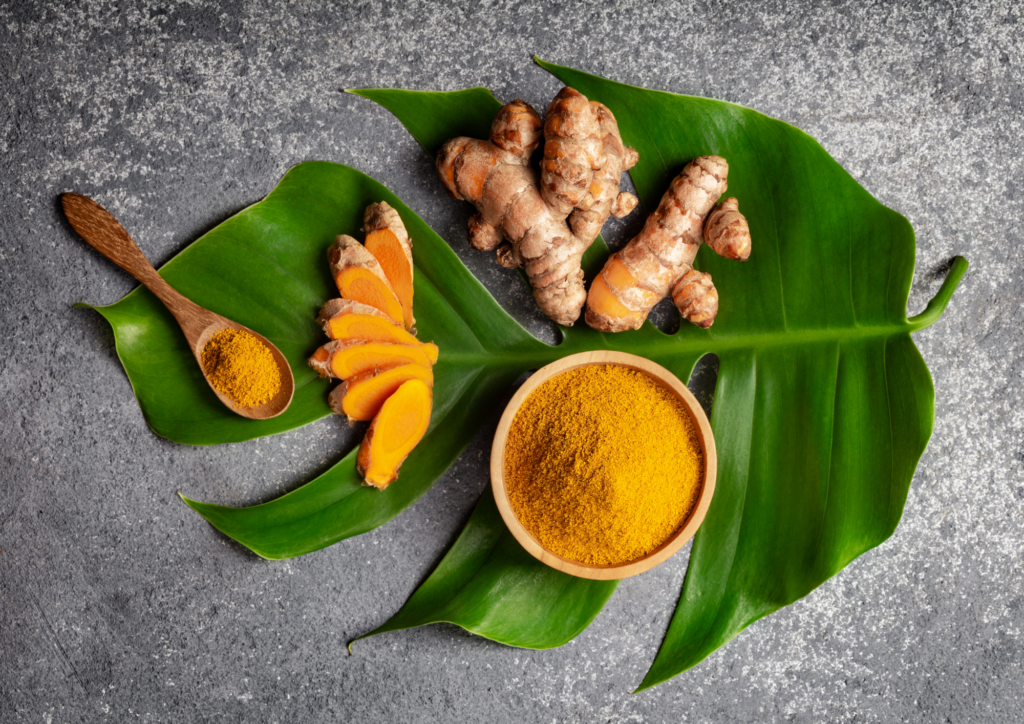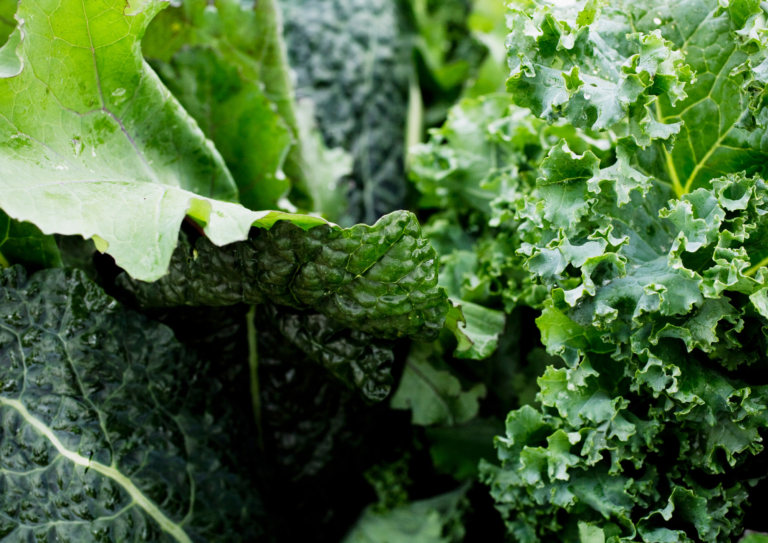Superfoods: Accessible Nutritional Powerhouses for Holistic Health
Superfoods, the nutrient-dense marvels of the natural world, have gained widespread recognition for their profound health benefits. While the term “superfood” might evoke images of exotic berries or rare supplements, many of these nutrient-packed wonders are easily accessible, affordable, and can be seamlessly integrated into our daily diets. Let’s delve deeper into some of these accessible superfoods, highlighting their specific nutritional benefits and ways to incorporate them into our meals.

1. Berries: Nature’s Antioxidant-Rich Gems
Types: Blueberries, strawberries, raspberries
Benefits:
- High in antioxidants that combat oxidative stress and inflammation.
- Rich in vitamins C and K, promoting skin health and aiding in blood clotting.
- Contain fiber, which supports digestive health and promotes feelings of fullness.
Incorporation:
- Add to morning cereals or yogurt bowls.
- Blend into smoothies for a refreshing drink.
- Enjoy as a snack with a handful of nuts for added protein and healthy fats.
2. Leafy Greens: A Nutrient Powerhouse in Every Bite
Types: Spinach, kale, Swiss chard
Benefits:
- Excellent source of vitamins A, C, and K, supporting immune function, vision health, and bone health.
- Rich in minerals such as iron, calcium, and magnesium, essential for various bodily functions.
- High in fiber, aiding in digestion and promoting satiety.
Incorporation:
- Use as a base for salads or as a nutritious addition to sandwiches and wraps.
- Incorporate into soups, stews, or stir-fries for added nutrient density.
- Blend into smoothies or juices for an extra boost of vitamins and minerals.
3. Nuts and Seeds: Nature’s Tiny Nutrient Powerhouses
Types: Almonds, chia seeds, flaxseeds
Benefits:
- Rich in healthy fats, including omega-3 fatty acids, which support brain health and reduce inflammation.
- High in protein, promoting muscle repair and growth.
- Packed with essential minerals such as magnesium, zinc, and selenium, supporting various bodily functions.
Incorporation:
- Sprinkle over salads, yogurt, or oatmeal for added crunch and nutrition.
- Enjoy as a standalone snack or combine with dried fruits for a homemade trail mix.
- Incorporate into baked goods, granola bars, or energy balls for a nutrient-rich treat.
4. Whole Grains: The Foundation of a Balanced Diet
Types: Quinoa, brown rice, oats
Benefits:
- High in fiber, promoting digestive health and regulating blood sugar levels.
- Rich in essential nutrients such as B vitamins, iron, and magnesium.
- Provide sustained energy, supporting overall vitality and well-being.
Incorporation:
- Use as a base for grain bowls, salads, or stuffed vegetable dishes.
- Enjoy as a side dish or incorporate into soups, stews, or casseroles.
- Use whole grain flours in baking for a nutrient-rich alternative to refined grains.
5. Legumes: Protein-Packed Plant Power
Types: Lentils, chickpeas, black beans
Benefits:
- Excellent source of plant-based protein, supporting muscle repair and growth.
- High in fiber, promoting digestive health and supporting feelings of fullness.
- Rich in essential nutrients such as iron, folate, and potassium.
Incorporation:
- Add to soups, stews, or chili for a hearty and nutritious meal.
- Use as a base for vegetarian burgers, patties, or meatballs.
- Incorporate into salads, wraps, or grain bowls for added protein and flavor.
Conclusion
Superfoods, with their exceptional nutrient profiles and health-promoting properties, offer a natural and holistic approach to nourishing the body and supporting overall well-being. By incorporating accessible superfoods such as berries, leafy greens, nuts, seeds, whole grains, and legumes into our daily diet, we can harness the power of nutrition to enhance vitality, boost immunity, and promote optimal health.
Embrace the abundance of nutrient-rich foods available to us and savor the journey towards holistic health and well-being.
Anastasia Holistic Sage🌿






NtMoJEivWL